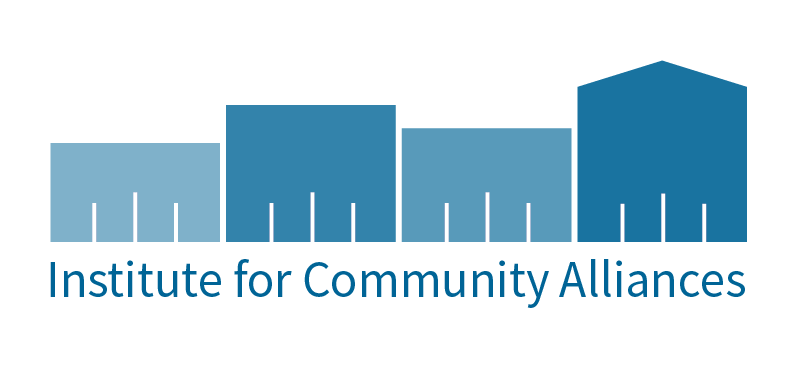Our History
A Tradition of Service and collaboration
“Working with the Institute for Community Alliances has improved our communication to our donors, volunteers, funded programs and the community. The support from ICA has been prompt, knowledgeable and always with professionalism.”
The Institute for Community Alliances has been providing technical support and guidance for communities, nonprofit agencies and programs for over 30 years.
Founded in 1990 to develop, implement and evaluate innovative programs targeted to assist at-risk and underserved households, we are a private, not-for-profit 501(c)(3) agency.
ICA currently supports HMIS Lead Agency and HMIS System Administrator functions for more than 35 U.S. Department of Housing and Urban Development (HUD) Continua of Care in 16 states (Alaska, New York, Idaho, Illinois, Iowa, Maryland, Minnesota, Missouri, Nebraska, Oregon, New Hampshire, North Dakota, South Carolina, Vermont, Wisconsin and Wyoming).
Recognized as a leading provider of HMIS* technical assistance, solutions, and services in the United States, characteristics that set ICA apart include:
A long tradition of community-wide collaboration, cooperation, communication, relationship building, problem-solving, and responsiveness to identified and emerging needs;
20 years of agency experience in the role of HMIS Lead Agency;
Director-level staff with extensive HMIS expertise, nonprofit, public service experience and perspective;
A 140+ member ICA team that supports more than 4,000 licensed database users;
Subject matter expert and presenter at national, regional and statewide conferences; and
Capacity to scale projects appropriately, while leveraging a national network of resources.
We are honored to work with a growing network of communities committed to ending homelessness.
* A homeless management information system (HMIS) can integrate and de-duplicate data at multiple levels, including project, system, local, and state, and provide aggregate data at the national level.

